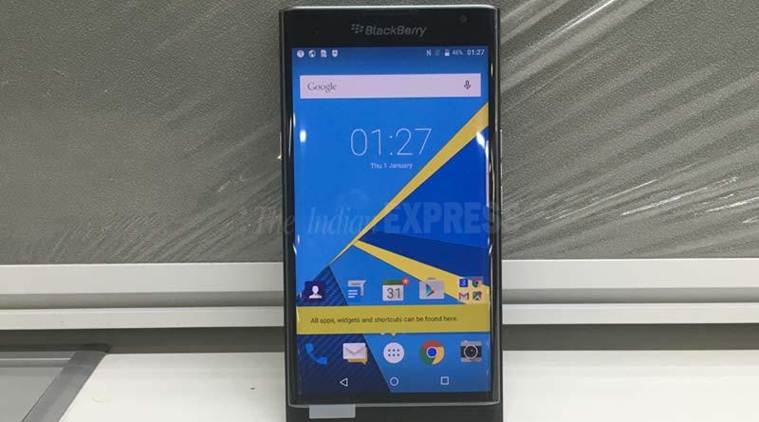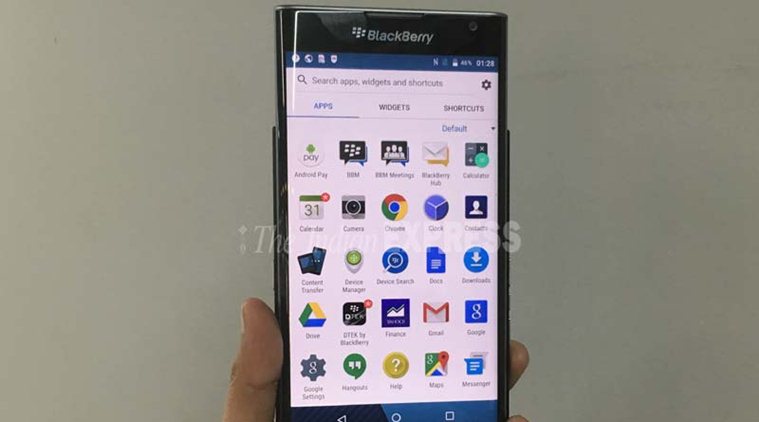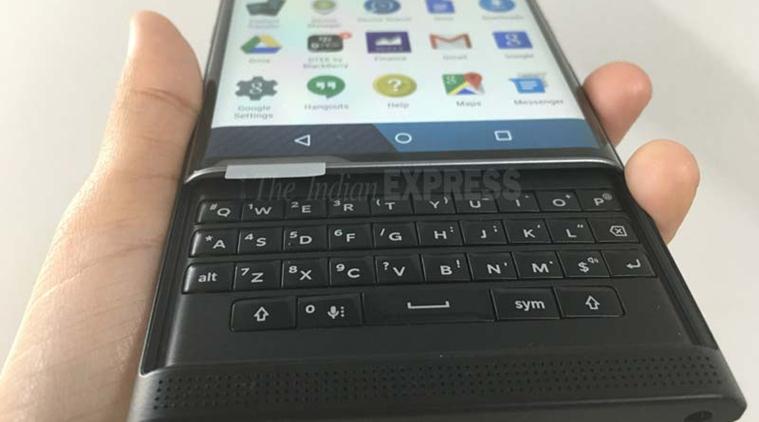The former chairman of the Nigeria Bar Association (NBA), Olisa Agbakoba (S.A.N) says 90% of Nigeria’s problems are from the nation’s capital, Abuja.
Agbakoba stated this while he was reviewing the book of his colleague and renowned lawyer, Chief Mike Ozekhome (SAN), at the Yar’adua centre, Abuja yesterday, February 9.
The book titled Zoning to Unzone: The politics of power and the power of politics in Nigeria, seeks to address several pressing historical and contemporary national issues about Nigeria.
According to Agbakoba: ”90% of our problems are located in Abuja constitutionally, because our politicians have been unable to manage our diversity.”
He continued: ”Our diversity is not a curse. The United Kingdom is as diverse as Nigeria, but as it is, Nigeria is not a nation.”
Agbakoba also berated politicians in the country for not getting it right, even as he called on the legislature to ”repair the federation.”
He said that Nigeria is not a federation which is why zoning to unzone is a major issue in the country. He also called on the Muhammadu Buhari administration to look into the 2014 National Conference organised by the Goodluck Jonathan government.
According to him, every National Conference held till date in Nigeria has addressed the issue of federation adequately.
”We need to unbundle Nigeria to make the federating units stronger. If we can emulate the structure of religion, we will have a better country,” he said.
Among those who graced the event yesterday were the governor of Edo state, Comrade Adams Oshiomole, who was the chief host; the former governor of Imo state, Ikedi Ohakim, who represented the chairman of the occasion, Senator Ken Nnamani, a former Senate president; the minister of science and technology, Chief Ogbonnaya Onu and Abia state deputy governor, Sir Ude Okochukwu, who represented his boss.
Other eminent personalities present were the former minister of justice, Ms Olajumoke Akinjide; Senator Bode Olajumoke, a former minority whip at the House of Representatives, Honourable Samson Osagie; senior lawyers, Chief Wole Olaonipekun and Chief Awa Kalu.
Agbakoba in a recent interview with a national newspaper said Nigeria needs to see a new federal system.
He recommended that President Muhammadu Buhari propose a bill for an act or set up a small technical committee on national order.





